On Remembering Who You Are
- Ashley Leone
- Jun 22, 2018
- 3 min read

“Our contemporary culture is so preoccupied with the pursuit of health that we seem to function from the debilitating premise that something is wrong with us. We must shift this false image of ourselves as inheritors of disease and pursuers of wellness. We are wellness. We are consciousness. These are our natural states. Disease is an imposter, a force that thrives on loss of memory.”
- Bri. Maya Tiwari
The loss of memory that Tiwari is referring to is that of our ancestors — reminding us that all is well on our karmic path. The moment we disconnect from them in our memory is when we start suffering, the sages say.
And meditation is a path to our subconscious, where ancient memory and healing is stored.
Especially since my return home from India in March 2018, the moments of stillness that I have made time for in my daily life have caused me to reconnect to Spirit and greater meaning.
Although the physical postures of yoga (asana) have been the main introduction to yoga in the west since the 20th century, I am convinced that the only way we can really get to the core of who we are is to use asana as a vehicle to meditation. When our hands do not have anything to work on, nor does the mind.
It can be risky business— leaving our minds and hands alone. Everything gets scrambled up and we can’t tell what’s us from what’s not us. How will we ever know? Sit long enough in meditation and you may find out.
Meditation is unique because it asks something so daring and bold of us: Can we cast off all the layers of who we think we are so that something more wise can shine through? Can we be grateful for the calloused skin that has weathered us since childhood, protecting us from danger, and then slowly shed it in order to reveal Truth?
Furthermore, meditation challenges us to relax into the unknown: That which we cannot experience with the five senses.
...But how can we practice aparigraha (non-grasping) of “mind stuffs” and material items if we’re not convinced there is something larger to replace them?
In considering this question, I recall my first experience in India, from Qatar to the panchakarma in Coonoor, during a four-hour layover in Chennai. After having mistakenly taken a wrong turn in the airport, I was led outside with no immediate way back in. I walked with faked determination past the 50 yard line of staring Indian taxi-driving men and toward a golf cart that looked like it may be transporting people to the other end of the airport. In the heat of the Indian summer night, I was gratefully whisked back to ‘Departures.’
When I finally arrived at my gate I quickly noticed I was the only American in sight. It was my first experience being the complete minority. So I sat down, wrapped my scarf around my head out of respect (and to try to avoid the mosquitos in the indoor/ outdoor airport), took a few deep, secretive breaths, and used the power of my mind to remember that the people around me were simply my brothers and sisters.
It is amazing the way the mind can be both our worst enemy and our greatest ally. Amidst unfamiliar territory, we must pause for long enough in order to uncover the memory that we are all just threads in one much larger tapestry.
I believe meditation provides the intense mental training for the marathon of our lives.



Comments